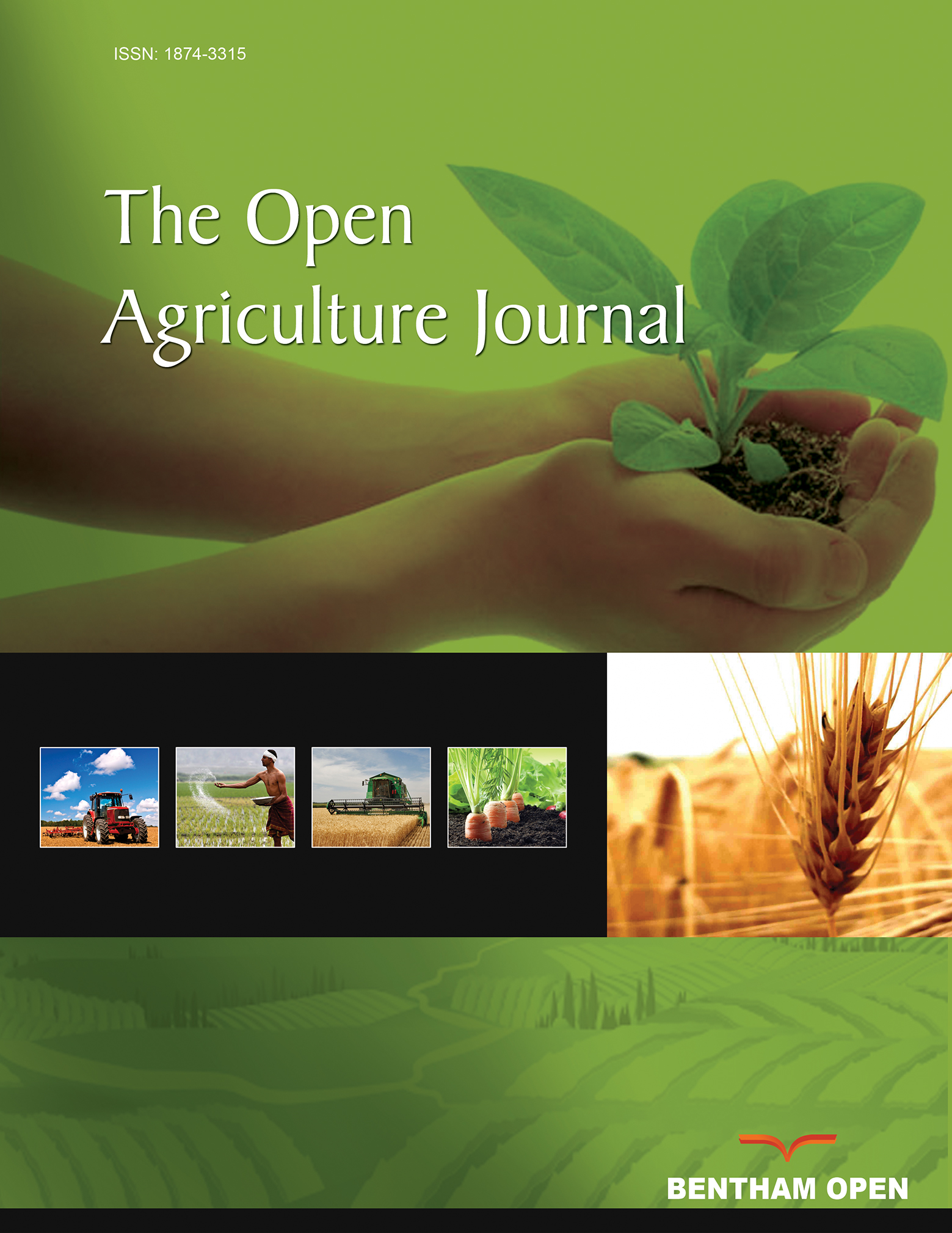All published articles of this journal are available on ScienceDirect.
Enhancing NPK Uptake and Biomass of Blueberries in Alluvial Clay Soil Using Biochar and Compost
Abstract
Background:
The Mekong Delta features acidic clay soil of alluvial origin with a soil texture ranging from silty clay to clay. The growth of wild blueberry plants in clay soils requires the addition of materials to enhance soil porosity and aeration.
Objective:
The objective of this study was to examine the effects of the combined use of biochar and compost on the growth, yield, and NPK uptake of blueberry ( Vaccinium tenellum) cultivated in the Mekong Delta.
Methods:
The pot experiment had a 3 × 3 factorial design, containing the application of biochar at 0, 10, and 20 t ha -1 (B0, B10, and B20, respectively), compost at 0, 5, and 10 t ha -1 (C0, C5, and C10, respectively), and NPK at 45:20:20 kgha -1 according to the growth stages of blueberries.
Results:
The interaction between biochar and compost provided a more efficient response in terms of plant growth, yield, and NPK uptake. Notably, in the combined application of B20 and C10, NPK uptake and biomass of blueberries were significantly increased. However, only the concentration (gkg -1) of N (14.8) and K (3.82), except for P (1.37), in the blueberry leaves were below the Trevett threshold.
Conclusion:
This approach effectively mitigates the challenges posed by high clay content in the soil, which results in poorer soil porosity and aeration. The findings emphasize the potential benefits of tailored soil amendment strategies to optimize blueberry cultivation in similar environments.


